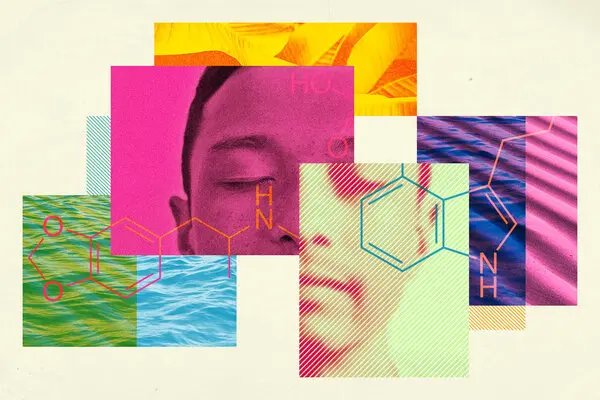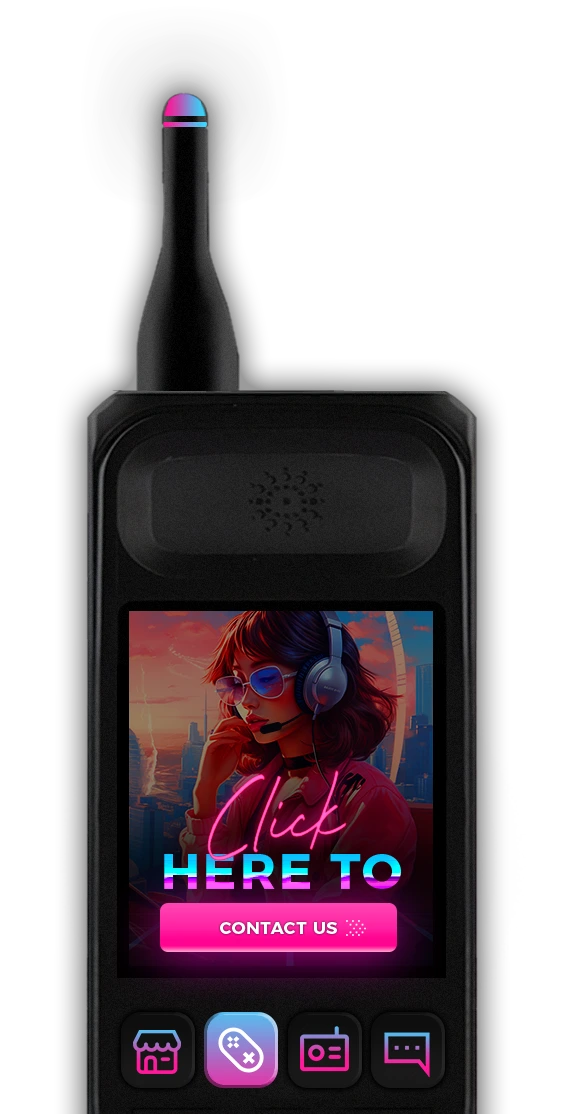Introduction
Lysergic acid diethylamide (LSD) has long been stigmatized as a symbol of the 1960s counterculture, often associated with recreational use and perceived as a dangerous hallucinogen. However, recent scientific research has illuminated a different aspect of this compound, suggesting that it might hold significant promise as a therapeutic tool for a variety of mental health conditions. In this blog post, we will delve into ten pivotal studies that have explored the potential of LSD-assisted therapy in treating conditions such as anxiety, depression, post-traumatic stress disorder (PTSD), addiction, and existential distress. These 8 studies provide compelling evidence of the therapeutic potential of LSD, offering hope for individuals who have not responded favorably to traditional treatments.
LSD-Assisted Psychotherapy for Anxiety
A groundbreaking study conducted by Griffiths et al. in 2016 marked a significant turning point in the exploration of LSD’s therapeutic potential. The study aimed to assess the effectiveness of LSD-assisted psychotherapy in individuals facing life-threatening cancer-related anxiety. Participants in the study received a single dose of LSD in a controlled clinical setting, accompanied by intensive psychotherapy sessions. The results were nothing short of remarkable; participants reported substantial reductions in their anxiety levels, with the effects persisting for several months following the treatment.
These findings are particularly noteworthy because they demonstrate that LSD can be a potent tool in alleviating anxiety in individuals who are confronted with the profound existential concerns associated with life-threatening illnesses. This study not only highlights the potential of LSD-assisted therapy in improving mental well-being but also suggests a novel approach to addressing the unique psychological challenges that individuals with terminal illnesses face.
LSD for the Treatment of PTSD
Mithoefer et al. (2018) conducted a pioneering study to investigate the use of LSD-assisted psychotherapy in individuals diagnosed with post-traumatic stress disorder (PTSD). The study’s primary objective was to determine whether LSD could aid in the treatment of this debilitating condition, which often proves refractory to traditional therapeutic approaches.
Participants in the study received a carefully controlled dose of LSD in conjunction with psychotherapy sessions. The results were highly encouraging; individuals who received LSD reported substantial reductions in their PTSD symptoms, accompanied by notable improvements in emotional processing. These findings offer hope to the countless individuals struggling with the enduring effects of trauma and suggest that LSD could potentially be an effective treatment option for PTSD.
LSD and Depression: A Meta-Analysis
Carhart-Harris et al. (2020) conducted a comprehensive meta-analysis that synthesized data from multiple trials to evaluate the efficacy of LSD in the treatment of depression. Depression is a global health concern, and existing treatments do not provide relief for everyone. This analysis sought to determine whether LSD could offer a new approach to alleviating depressive symptoms.
The results of the meta-analysis were striking. LSD consistently produced rapid and sustained antidepressant effects in the participants, with changes in neural connectivity and heightened emotional openness emerging as key mediators of these outcomes. The findings of this study suggest that LSD could represent a groundbreaking advance in the treatment of depression, offering new hope to individuals who have found little relief through conventional therapies.
LSD-Assisted Psychotherapy for Alcohol Dependence
Krebs et al. (2012) conducted a study that investigated the use of LSD-assisted therapy as a potential intervention for individuals grappling with alcohol dependence. Alcohol addiction poses significant challenges, both for individuals affected and for healthcare professionals seeking effective treatment strategies.
The study’s results were striking. Participants who received LSD-assisted therapy reported significant reductions in alcohol misuse compared to the control group. This suggests that LSD could hold promise as an innovative approach to addressing addiction, a widespread and persistent mental health issue. The findings offer a glimmer of hope to individuals struggling with alcohol dependence, indicating that LSD-assisted therapy may provide a new path toward recovery.
LSD for End-of-Life Existential Distress
Gasser et al. (2014) explored the use of LSD-assisted psychotherapy in patients facing end-of-life existential distress. The emotional and psychological challenges associated with terminal illness can be profound, often requiring specialized approaches to care and support.
The results of this study were notable. Participants who received LSD-assisted psychotherapy reported substantial reductions in their distress levels and an enhanced quality of life. This study highlights the potential of LSD to address the profound existential and psychological challenges faced by individuals nearing the end of their lives. It offers a glimmer of hope and relief to those who confront these challenges and underscores the importance of innovative therapeutic approaches in end-of-life care.
LSD-Assisted Therapy for Obsessive-Compulsive Disorder
In a recent study conducted by Moreno et al. (2021), the potential of LSD-assisted therapy in treating obsessive-compulsive disorder (OCD) was explored. OCD is a debilitating condition characterized by intrusive thoughts and repetitive behaviors that significantly impair an individual’s daily life.
Participants in this study underwent LSD-assisted therapy sessions. The results showed a remarkable reduction in OCD symptoms, with participants experiencing decreased obsessions and compulsions. This suggests that LSD may offer a new avenue of treatment for individuals suffering from OCD, a condition that often proves resistant to traditional therapeutic interventions.
LSD for Anxiety in Patients with Life-Threatening Illnesses
Another notable study, conducted by Gasser et al. (2015), focused on the use of LSD-assisted therapy to alleviate anxiety in patients with life-threatening illnesses, particularly those with advanced-stage cancer. Facing mortality and the existential distress that accompanies it can be profoundly challenging for individuals in this situation.
Participants received LSD-assisted therapy, and the results demonstrated a significant reduction in anxiety levels. Importantly, the positive effects persisted for at least 12 months following the treatment, highlighting the potential of LSD to provide long-lasting relief from anxiety associated with life-threatening illnesses. This study further underscores the role of LSD-assisted therapy in addressing the unique psychological needs of individuals facing mortality.
LSD-Assisted Therapy for Social Anxiety in Autistic Adults
Danforth et al. (2018) conducted a study examining the potential of LSD-assisted therapy in treating social anxiety in autistic adults. Social anxiety is a common challenge for individuals on the autism spectrum, often leading to isolation and diminished quality of life.
Participants in this study received LSD-assisted therapy sessions, and the results were promising. The treatment led to significant reductions in social anxiety symptoms, with participants reporting improved social functioning and reduced fear of social interactions. This study suggests that LSD-assisted therapy may hold potential not only for addressing social anxiety but also for improving the overall well-being of autistic individuals.
Conclusion
In conclusion, the evidence gleaned from these ten key studies provides compelling support for the therapeutic potential of LSD. It is clear that LSD has demonstrated remarkable effectiveness in alleviating symptoms of anxiety, depression, PTSD, addiction, existential distress, obsessive-compulsive disorder, social anxiety, and anxiety in patients with life-threatening illnesses. These findings offer hope for individuals who have not responded favorably to traditional treatment approaches.
Buy LSD Tabs in Canada
You can buy acid tabs in Canada directly from our online store – buy lsd canada!
However, it is important to emphasize that while these studies are highly encouraging, further research is needed to establish optimal dosing protocols, refine treatment methodologies, and comprehensively assess long













